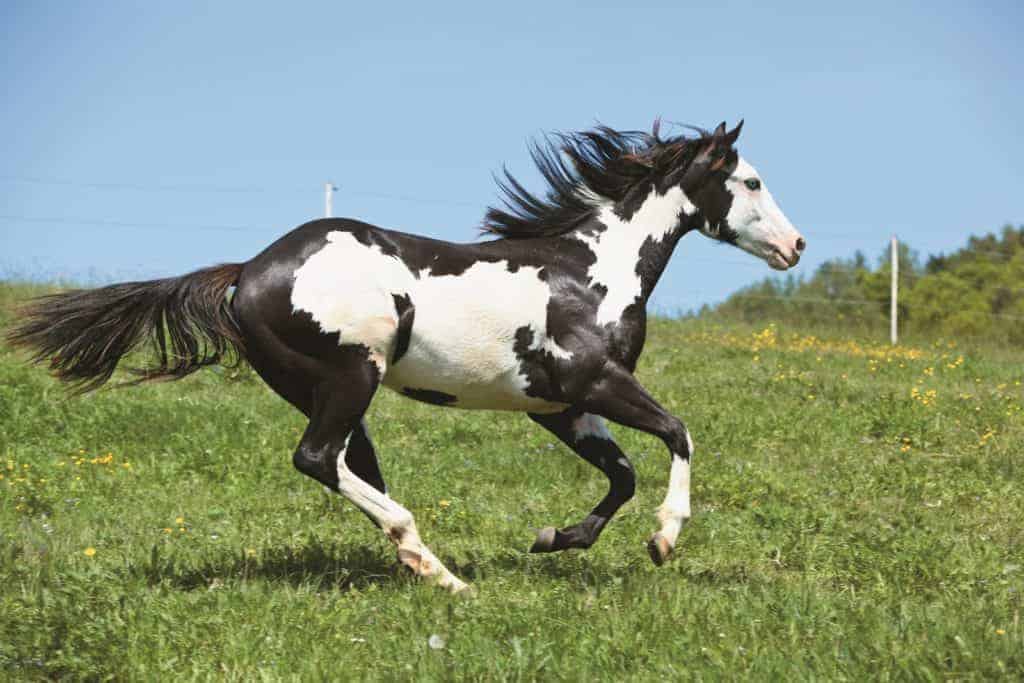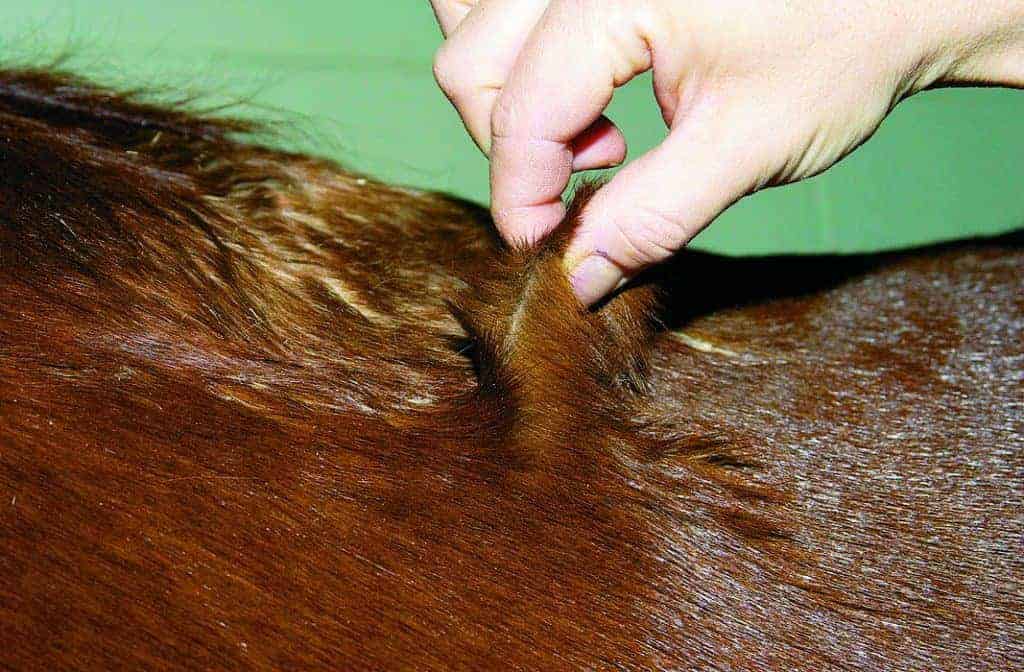
HERDA: 20 Years Later
Greater awareness and ongoing research mean fewer foals are being born with this genetic skin condition.

Greater awareness and ongoing research mean fewer foals are being born with this genetic skin condition.

Research is offering more insight into inherited diseases and conditions in our horses. Learn more about HYPP, PSSM, overo lethal white syndrome, lavender foal syndrome, HERDA, SCID, and more.

What could be the cause of this horse’s strange eyelid indentation?

Find out what the equine genome can tell us about our horses and preventing genetic disease.

By knowing what conditions certain horses are predisposed to, owners and breeders can take preventive steps.

Researchers have identified some important differences between the eyes of horses with and without HERDA.

Testing for and identifying which horses could potentially be affected by genetic conditions is important not only for buyers and breeders but also for the overall health of the breed itself.
Stephanie Valberg, DVM, PhD, is the first female to deliver the Milne State-of-the-Art Lecture.

The test will screen for five potentially fatal genetic diseases often found in Quarter Horses.
Testing options include a comprehensive coat color package and a comprehensive disease diagnostic package.
The APHA has introduced the University of California, Davis, as its official genetic testing provider.

Some skin conditions in horses are caused by fungus and bacteria, while others are caused by external factors

Geneticists have created tools and tests that help horse breeders select for healthy foals. Furthermore, access to the equine genome means scientists can examine common diseases and conditions and find ways to prevent (and one day treat) them.
Horses with the hereditary skin disease known as hereditary equine regional dermal asthenia (HERDA) or hyperelastosis cutis (HC) have been recognized since the 1970s, but only recently have researchers defined just how much weaker their skin is

Dr. Ann Rashmir of Michigan State University talks about HERDA. (5:33)
Scientific research has scored another significant victory in the equine world. Two DNA tests are now available to detect carrier status for hereditary equine regional dermal asthenia (HERDA), also known as hyperelastosis cutis (HC).
Today
Stay on top of the most recent Horse Health news with
"*" indicates required fields